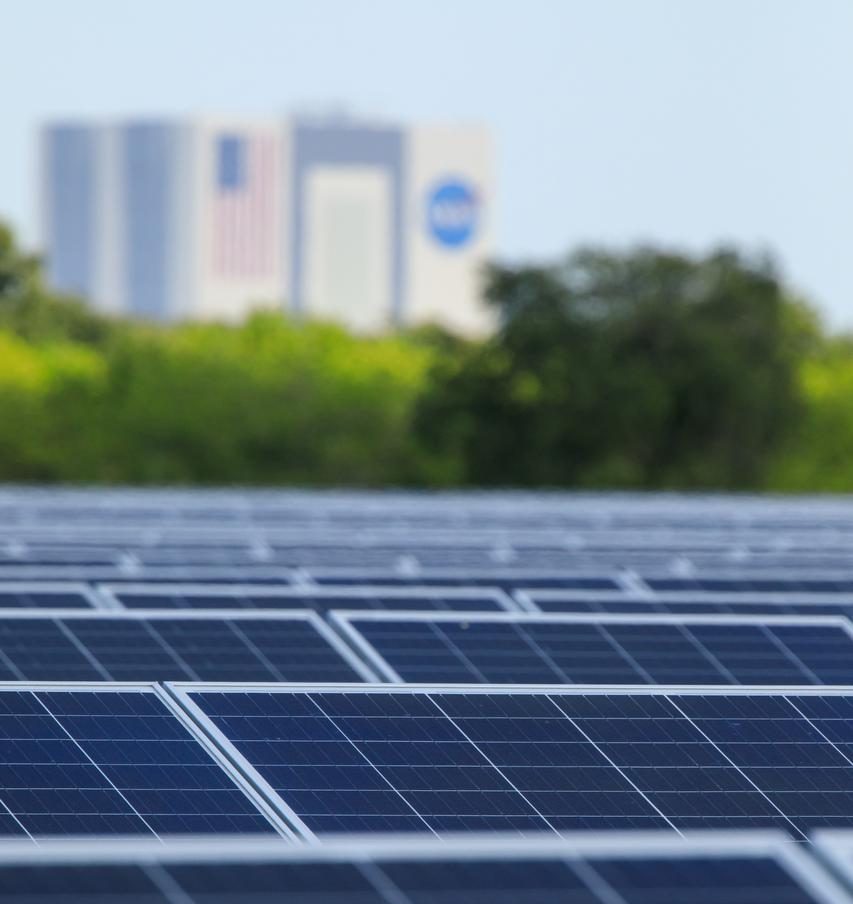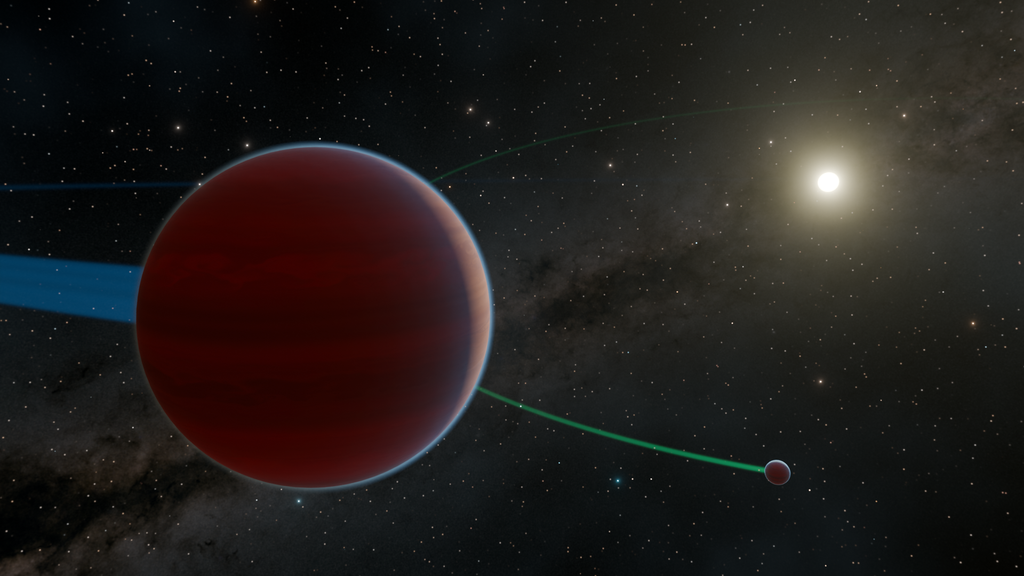About Sustainability
NASA is an agency that leads by example and will continue to spur profound changes in our knowledge, culture, and expectations. NASA’s sustainability policy is to execute NASA’s mission without compromising our planet’s resources so that future generations can meet their needs. Sustainability involves acting now to enable a future where the environment and living conditions are protected and enhanced. In implementing sustainability practices, NASA manages risks to mission and risks to the environment, all optimized within existing resources.
























